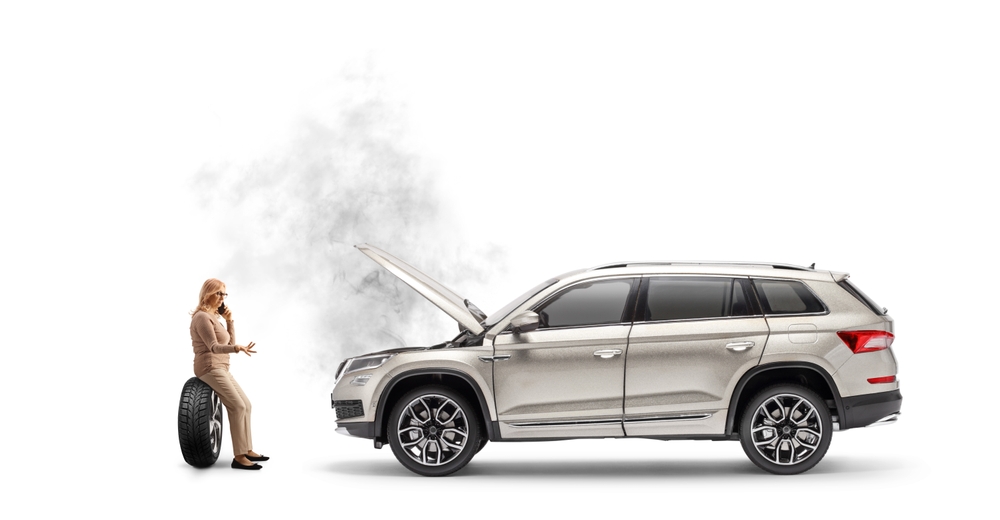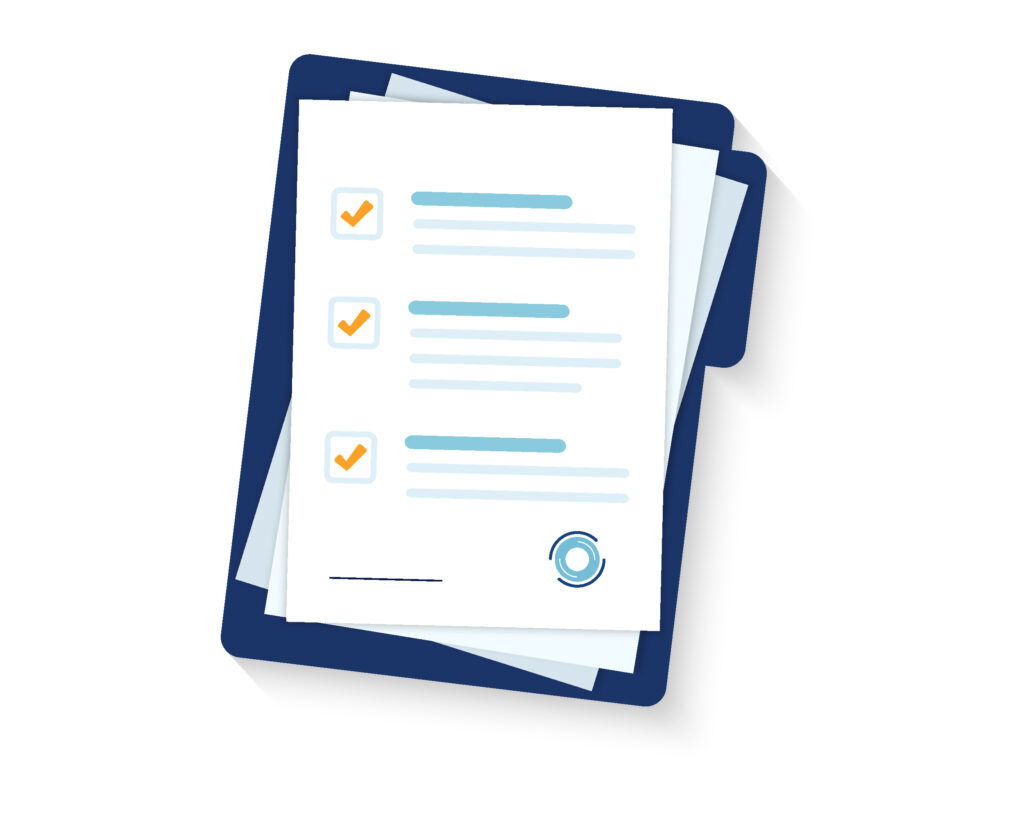Dealing with a defective vehicle can be frustrating, but California’s Lemon Law protects consumers from being stuck with unreliable cars. To build a strong Lemon Law claim, gathering the right documents is critical. Proper documentation strengthens your case, proving that your vehicle has persistent defects despite multiple repair attempts. At Win Lemon Law, we help California consumers fight back against manufacturers and dealerships that fail to uphold their warranties. Below, we outline the key records you need to support your Lemon Law case and explain how California’s Lemon Law protects you.
If you are experiencing ongoing mechanical issues, it is important to act quickly. The sooner you gather the necessary documents, the better your chances of obtaining a favorable outcome. Many vehicle owners miss out on potential compensation because they fail to keep accurate records or delay seeking legal help. By staying proactive and informed, you can hold the manufacturer accountable and avoid unnecessary financial burdens. Understanding your rights under California’s Lemon Law will also help you make informed decisions about whether to pursue a buyback or replacement vehicle. If you are unsure about the strength of your case, consulting with an experienced Lemon Law attorney can provide the clarity and guidance you need.
What Is the California Lemon Law?

The California Lemon Law, officially known as the Song-Beverly Consumer Warranty Act, is designed to protect consumers who purchase or lease defective vehicles. If a manufacturer cannot repair a substantial defect after a reasonable number of attempts, the law requires them to repurchase or replace the vehicle.
Key Points of California’s Lemon Law:
- Covers new and used vehicles still under the manufacturer’s warranty.
- Applies to cars, trucks, SUVs, motorcycles, and even some RVs.
- The defect must substantially affect the use, safety, or value of the vehicle.
- Manufacturers must be given a reasonable number of repair attempts (usually at least two to four times, depending on the severity of the issue).
- If the defect isn’t fixed, the consumer is entitled to a buyback or replacement vehicle.
- Covers vehicles that have been in the shop for 30+ cumulative days for repairs (even if for different issues).
- Includes protection for leased vehicles, provided they were leased from a dealership in California.
- The manufacturer is required to cover legal fees if the consumer wins the case.
- Even if the vehicle is out of warranty, the Lemon Law may still apply if issues were reported within the warranty period.
- The law applies to both individual consumers and small business owners with vehicles under a certain weight limit.
Many consumers do not realize that they qualify for a Lemon Law claim until they consult an attorney. If you have repeatedly taken your car in for repairs and the issue is still unresolved, it is important to know your rights. California has some of the strongest consumer protection laws in the country, and you do not have to accept a defective vehicle as your responsibility. Taking action sooner rather than later can prevent further frustration and financial loss.
1. Purchase and Repair Documents
The first step in preparing a Lemon Law claim is to gather all purchase and repair records. These documents are crucial because they establish:
- Proof that you legally own or lease the vehicle.
- Confirmation of your purchase location (California Lemon Law applies to vehicles bought or leased in California).
- Evidence that you made attempts to repair the defects before filing a claim.
- Documentation of any out-of-pocket expenses related to repairs or vehicle downtime.
- A timeline showing how long the vehicle has been experiencing issues.
Key Documents to Collect:
- Purchase Agreement or Lease Contract – This document proves ownership and contains warranty information.
- Financing or Loan Documents – If applicable, these documents help establish the vehicle’s value.
- Repair Invoices & Maintenance Records – These show that you properly maintained the vehicle and attempted repairs.
- Receipts for Any Out-of-Pocket Expenses – If you paid for rental cars, towing, or repairs out of pocket, these costs may be reimbursable under Lemon Law.
- Registration and Insurance Documents – These confirm that the vehicle is still in your possession and properly insured.
Without these documents, it may be difficult to prove ownership, repair history, or financial loss related to the defective vehicle. Keeping both digital and physical copies ensures that you have a backup in case of lost paperwork.
2. Repair Orders and Service Reports

Your repair history is one of the most important pieces of evidence in a Lemon Law claim. This documentation proves that you gave the manufacturer a reasonable opportunity to fix the problem and that the issue persists.
What Repair Orders Should Include:
- Date of Service – Each repair attempt must be documented with accurate dates.
- Mileage at the Time of Repair – This shows whether the vehicle is within warranty.
- Description of the Issue – The dealership or repair shop should clearly state what defect was reported.
- Repairs Performed – Details of what was fixed (or attempted).
- Number of Days in the Shop – If your vehicle has been out of service for 30+ days, you may qualify under Lemon Law.
- Technician Notes – These can indicate whether the issue was unresolved or recurring.
- Copies of Parts Replaced or Ordered – This can help show repeated attempts at fixing the same issue.
- Any Service Bulletins or Recall Notices Provided – If the dealership mentions a known defect, this strengthens your case.
- Manufacturer Responses Regarding Repairs – Any written communication stating that the defect is “normal” or “not covered.”
- Any Denials of Warranty Repairs – If the dealership refused to fix the issue, this should be documented.
If possible, request that all repair orders be printed and signed by the service advisor or technician. This helps prevent the dealership from later claiming that repairs were never performed.
3. Communication Records with the Manufacturer & Dealership
It’s not just repair records that matter—your conversations with the manufacturer or dealership also play a critical role. This includes:
- Emails regarding complaints, service requests, and responses from the manufacturer.
- Letters documenting your formal requests for repairs or buyback.
- Phone Call Logs showing how many times you contacted customer service or the dealership.
- Text Messages (if applicable) discussing repair issues with dealership representatives.
- Notes on Any Verbal Conversations – Keep a written record of the date, time, and content of phone calls.
A lack of response from the manufacturer or dealership can actually work in your favor. If you have made multiple attempts to get the issue resolved and were ignored, this strengthens your claim.
4. Evidence of Vehicle Defects and Performance Issues
Beyond repair records, it is important to document the specific issues you are experiencing with your vehicle. The more evidence you collect regarding the defects and their impact on your ability to use the car, the stronger your case will be.
Ways to Document Vehicle Defects:
- Photos and Videos – Capture clear images and videos of the issue, such as dashboard warning lights, leaks, smoke, unusual sounds, or mechanical failures.
- Personal Notes and Logs – Keep a detailed journal of when and how the problem occurs, noting the date, time, weather conditions, and frequency of the issue.
- Witness Statements – If a passenger, coworker, or family member has witnessed the defect, their statement can serve as additional evidence.
- Test Drive Reports from Technicians – If a dealership technician test-drove your car and observed the issue, ask for their written report.
- Towing and Roadside Assistance Records – If your car has broken down and required towing, these records can help establish the severity of the defect.
- Failed Emissions or Safety Inspections – If your vehicle did not pass state-required inspections due to defects, this can serve as strong evidence.
- Any Warning Messages on the Dashboard – If your vehicle has displayed recurring error codes or warnings, take photos of these as they appear.
- Recording the Manufacturer’s Suggested Fixes – If the dealership or manufacturer recommended a temporary or ineffective solution, document it.
- Reports from Third-Party Mechanics – If an independent mechanic has assessed your vehicle and identified defects, their report may provide additional credibility.
- Rental Car or Alternative Transportation Costs – If the defect has made your car unreliable and you had to rent a vehicle or use ride-sharing services, keep receipts.
Why This Evidence Matters:

- It proves that the defects are persistent and impact daily use.
- It shows that you have made reasonable efforts to document the issue.
- It prevents manufacturers from claiming that the defect is minor or nonexistent.
- It helps establish that the problem is not due to user error or poor maintenance.
- It strengthens your argument for compensation for loss of use and inconvenience.
Keeping a well-organized folder or digital file with all of this evidence will ensure that your Lemon Law claim is as strong as possible. Many cases are won because consumers provide clear, consistent, and thorough documentation of their vehicle’s defects
Get Help from Our California Lemon Law Attorneys
Compiling and organizing your records is the foundation of a successful Lemon Law case. The more documentation you have, the stronger your claim will be. If your car has persistent defects despite multiple repair attempts, you may be eligible for a refund or replacement under California’s Lemon Law.
At Win Lemon Law, we have helped countless California drivers fight back against defective vehicles. Our attorneys are experienced in handling Lemon Law claims against major auto manufacturers, and we know how to build strong cases that get results.
Our team understands that dealing with a defective vehicle can be stressful and time-consuming. That is why we handle every step of the process for you, from gathering evidence to negotiating with the manufacturer. If your vehicle qualifies under the California Lemon Law, you should not have to fight alone. You deserve fair compensation for your troubles, and our legal team is ready to ensure you receive it.
If you believe your vehicle qualifies as a lemon, reach out to us today for a free consultation. Our legal team will review your case, explain your options, and help you take the next steps toward securing the compensation you deserve.

